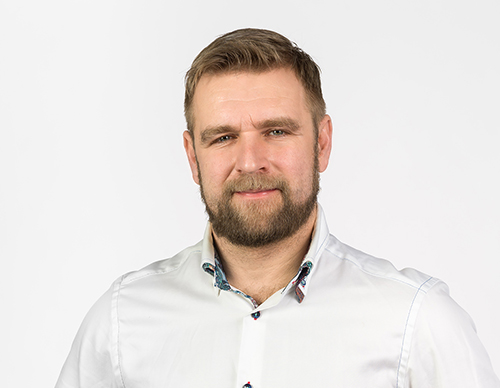What are the future challenges?
One of the biggest challenges with drug diversion is admitting “the reality of it” exists. Data estimates that 10% of healthcare providers divert opioids and other substances from patients and hospitals at some time during their career.[1] Yet, the theft of controlled substances is inevitably one of the most unspoken risks within hospitals and pharmacy organizations. Unfortunately, there is a lack of awareness or denial that it can happen, or it is “the white elephant in the room” that no one knows how or wants to address. Often, it takes severe harm to a patient or staff member for institutions to realize that there is a problem and address it. For example, most recently here in Sweden it was reported that a hospital staff member was stealing morphine from a hospital pharmacy. The theft was uncovered when a young child in need of pain management received a benign-substitute substance rather than the intended medication.
There is a critical need for education, increased awareness and transparency around drug diversion. Although there is currently a strong focus in the United States, diversion of controlled substances occurs globally. In the US there are increasingly strong, preventative regulatory measures being implemented. For example, The Joint Commission (TJC) has issued an advisory to health organizations to develop and maintain a comprehensive approach to prevent and detect the diversion of controlled substances.[2]
This comprehensive approach involves core administrative elements including legal and regulatory reporting on a state and federal level. In addition, systemic and provider-level controls are essential components of a comprehensive drug diversion strategy.
Within this comprehensive approach, the equipment that I work with daily – WasteLog® – can play an effective, central and integral role in protecting healthcare facilities from internal drug theft. WasteLog® is a laboratory instrument used for assisting the safeguarding and disposal of controlled substances after medical/surgical treatment. The pharmaceutical waste is analyzed and verified prior to disposal by measuring a small sample of the remaining substance using UV vis spectroscopy. Introducing WasteLog® into the controlled substance waste workflow process reduces the risk for drug diversion by ensuring both the correct substance and concentration in the remaining solution. It is a simple, reliable solution to detect drug theft and strengthen drug diversion prevention programs.
- HealthcareDiversion.org
- The Joint Commission. Quick Safety 48: Drug diversion and impaired health care workers, April 15, 2019.
What are your thoughts on this topic? Feel free to contact me or continue the discussion on our Facebook, LinkedIn or Twitter pages.


